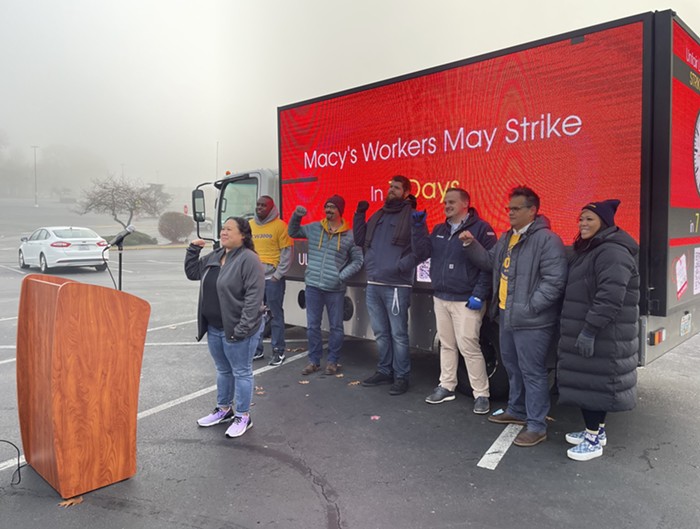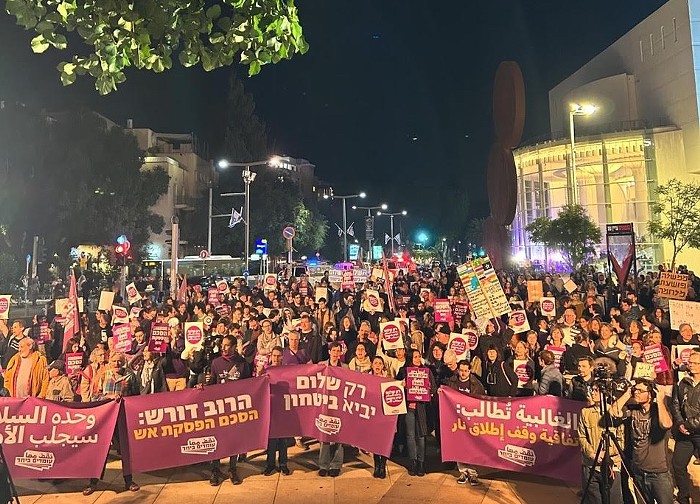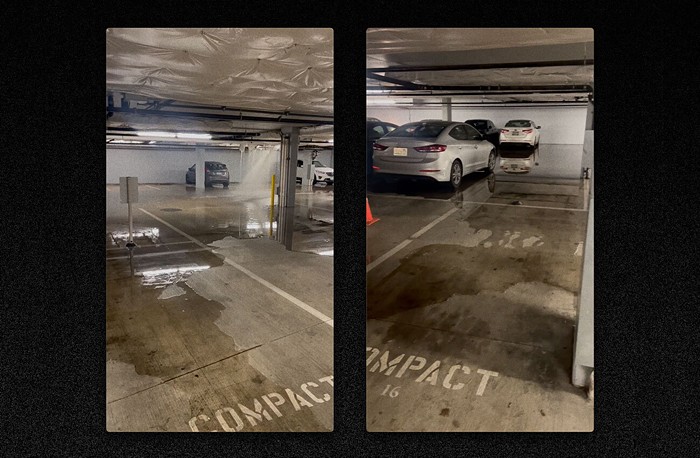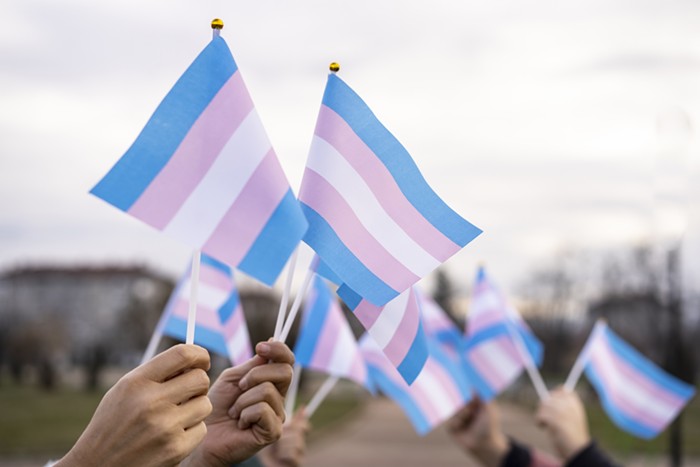
It’s time for state lawmakers to invest in low-income Washingtonians. As legislators work to finalize their budget, they should go beyond broad platitudes of racial equity and provide direct cash assistance to people struggling with poverty. This includes sizeable investments in the Temporary Assistance for Needy Families (TANF) program, finally funding the Working Families Tax Credit, exploring options for a Universal Basic Income (UBI), and funding another round of the Washington Immigrant Relief Fund. These investments are long-overdue steps toward addressing structural racism in Washington.
Since 1996, the amount of federal cash assistance allotted to struggling Washingtonians has remained virtually unchanged, despite skyrocketing rents and the sharp increase in the cost of living. That was the year when President Bill Clinton’s campaign pledge to “end welfare as we know it” led to the creation of the TANF program: the product of a bipartisan effort to ransack the welfare state, TANF turned welfare into a federal block grant to states with funding levels that were frozen in perpetuity, not upwardly adjusting to account for population growth or even inflation. Under current law, the most federal assistance a family of three in Washington can receive through the TANF program is $569 per month – that amount wasn’t adequate for many families in 1996, and it certainly isn’t now.
1996 was also the year that ten activists of color formed the Washington Welfare Reform Coalition in response to the dramatic contraction of welfare benefits through the passage of the federal “Personal Responsibility and Work Opportunity Reconciliation Act” that created the TANF program. The coalition partnered with nearly 300 community leaders and organizations across the state to build power to push back against policy change based on stereotypes about those receiving welfare. In 2001, the Washington Welfare Reform Coalition became what is now the Statewide Poverty Action Network and we expanded our focus to addressing and alleviating poverty overall.
Our focus on helping secure cash assistance for Washingtonians has remained. And that’s because the need is even greater now than it was a quarter century ago, when we first formed. In recent years, Statewide Poverty Action Network has conducted listening sessions in all four corners of Washington state; our policy priorities are shaped in large part by the stories we hear from people who would benefit the most from the world we aim to create through organizing, advocacy, and outreach. And more than any other one issue, we’ve heard from everyday Washingtonians about the need to create more robust forms of cash assistance:
“Most of the time, I have to choose between paying rent and getting household items such as diapers and clothes,” a TANF recipient in Longview, Washington told us. “Even with TANF,” said a Seattleite, “we still have trouble making rent.”
The stories we’ve heard speak as much to the economic straits many are under as they do to the power of cash assistance to help Washingtonians out of them. A TANF recipient in Southwest Washington told us “TANF allows me to assist my child in their behavioral and mental wellness.”
These stories raise a question: if giving people money is such an obvious solution to address economic inequity, why don’t we do it more often? Many lawmakers are reluctant. In the eleven U.S. presidential elections since 1980, the Washington state electorate has selected the Democratic presidential nominee nine times. In the same period, Washington has had seven governors – six of them Democrats. Republicans have very rarely controlled either the Washington state House or Senate in recent history, and almost never both at the same time. Nevertheless, conservative stereotypes about social service cheats and “welfare queens” still guide the policy decisions of too many lawmakers in liberal Washington.
But 2021 has shown the tide may be turning. Earlier this year, the Senate and Congressional Democrats teamed up with President Biden to pass the American Rescue Plan, which contains crucial expansions to the Earned Income Tax Credit as well as the Child Tax Credit, indicating a meaningful step towards ending child poverty. Similarly, after years of advocacy from Statewide Poverty Action Network and our coalition partners at the Budget & Policy Center, the Washington state legislature finally voted to implement the Working Families Tax Credit this year: a tax rebate program which has gone unfunded since its inception in 2008. Programs that put cash back in the pockets of those who need it most will help all Washingtonians – by benefitting the most vulnerable in our state, they will benefit everybody.
We talk a lot in Washington – with words as well as yard signs – about Black lives mattering; about inclusivity and racial justice. If only the rhetoric matched the reality. African Americans earn seventy-six cents on the dollar of their white counterparts in Washington. In Pierce County, one in six Black adults was evicted between 2013 and 2017; for white adults, the number was one in fifty. At present, the combined biennial budget for the Washington State Patrol ($758 million) and the Washington Department of Corrections ($2.4 billion) is over $3.1 billion. By contrast, total annual TANF spending on cash assistance in Washington was only $142 million in 2019. The recently passed Working Families Tax Credit will amount to $250 million in direct cash payments annually. What would a Washington that spends more on cash benefits than carceral boondoggles look like?
We should listen and take seriously what we hear from people most impacted by the inequities we’ve created in Washington. For 25 years, the Statewide Poverty Action Network has tried to do just that: when residents tell us they need cash to meet their needs and those of their families, we believe them. If elected officials in Washington did more of the same, we could turn the page on the pernicious stereotypes and structural inequities that mar our past and present.
Lawmakers should get started on this work today. They should pass a final state budget that not only funds the Working Families Tax Credit, but also includes all proposed investments to TANF – a 15% cash grant increase (a small, but meaningful increase of $85/month for a family of three), an $80/month diaper benefit, and time-limit extensions during times of widespread economic hardship. After 25 years of harmful stereotypes guiding our budget decisions, it is the least they can do for low-income families.
This past year of health and economic crises gives us an opportunity to rethink our present and our future. With moral fiber and more visionary leadership, the future could be bright indeed.
Statewide Poverty Action Network is an anti-poverty advocacy organization working to advance equitable policy solutions for low-income people in Washington state through in-person community organizing and online advocacy.


















